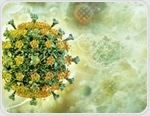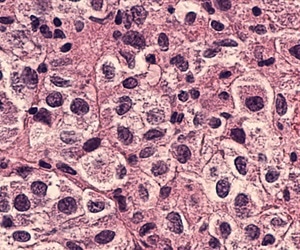
|
|
|
| |

|
|
| |
The latest COVID-19 news from News Medical |
|
|
|
|
|
 | | |  This winter's brutal flu season isn't over, and COVID-19 cases have risen recently too. But a new poll taken in recent weeks shows that vaccination against both viruses lags among people 50 and over, and the national survey reveals key reasons why. This winter's brutal flu season isn't over, and COVID-19 cases have risen recently too. But a new poll taken in recent weeks shows that vaccination against both viruses lags among people 50 and over, and the national survey reveals key reasons why. | | | | |  Older women who have a history of both depression and anxiety had a 78% higher risk of developing long COVID after a SARS-CoV-2 infection, report University of California San Diego researchers in the Jan. 27, 2026 online edition of the journal Menopause. Older women who have a history of both depression and anxiety had a 78% higher risk of developing long COVID after a SARS-CoV-2 infection, report University of California San Diego researchers in the Jan. 27, 2026 online edition of the journal Menopause. | | | | |  The study on Influenza D and Canine Coronavirus HuPn-2018 underscores urgent needs for targeted surveillance and diagnostics in infectious disease research. The study on Influenza D and Canine Coronavirus HuPn-2018 underscores urgent needs for targeted surveillance and diagnostics in infectious disease research. | | | | |  CDC scientists outline the comprehensive methodology involved in the development of influenza candidate vaccine viruses. CDC scientists outline the comprehensive methodology involved in the development of influenza candidate vaccine viruses. | | | | |  The COVID-19 pandemic gave us tremendous perspective on how wildly symptoms and outcomes can vary between patients experiencing the same infection. The COVID-19 pandemic gave us tremendous perspective on how wildly symptoms and outcomes can vary between patients experiencing the same infection. | |
|
|
|
|
|